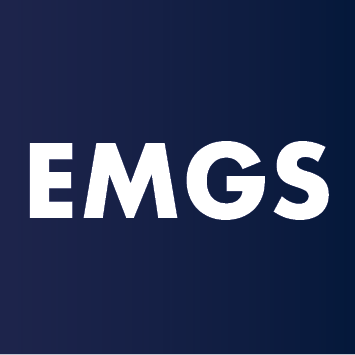| Academic Term/Part | Module | Description |
| 1st Term: Foundation Courses | 1) Introduction to Global History/Key Approaches | An introduction to main perspectives on global history is given and the development of the relationship between history and social sciences in the discussion of global processes over the 20th century is discussed. The module focuses on all dimensions of global history, from economy to the social and from the cultural to politics. The temporal focus is the late 18th to the early 21st century. |
| 2) Theories of Global Studies | From a perspective of transdisciplinary international studies, the roles of global governance and justice, development and integration of world economy, as well as the main features of changing world orders are discussed. Additionally, students gain practical experience in group work and their own projects. | |
| 3) Methods of Global Studies | This module serves as an introduction to the many methods applied in global studies research, from quantitative to qualitative as well as from historical to digital humanities tools. Further discusses are the regime of international organizations and multilateral efforts towards peace and security as well as other global challenges, such as climate change and epidemics. | |
| 2nd Term: Specialization | 4/5) Regional and Thematic Specialization | In these modules, students learn about at least two different world regions and their entanglements and transregional ties. Again, project work complements traditional teaching formats in class. |
| 6) Winter and Summer Schools | Academic workshops and joint activities, such as excursions, prepare the students for the transition to the second-year university. During summer schools, students present a first proposal for their master’s thesis to be discussed in working groups together with lecturers from the respective universities. In addition, the EMGS programme is evaluated by the students and representatives to ensure the high quality of the course. | |
| 3rd Term: Specialization And Practical Experience | Term at non-European partner university or 7/8) Regional and Thematic Specialization II 9) Term at a non-European partner university or Internship orThematic Specialization | During this term, students enlarge their knowledge and competences regarding different world regions and often add a stay abroad at one of the non-European partner universities to their portfolio. During project work, they collect material for their future master’s thesis. |
4rd Term: Master’s Thesis | 10) Research Seminar and Thesis Colloquium and Master’s Thesis | In the final term, students develop and write their master’s thesis. This is supplemented by advanced research seminars and colloquia. |
